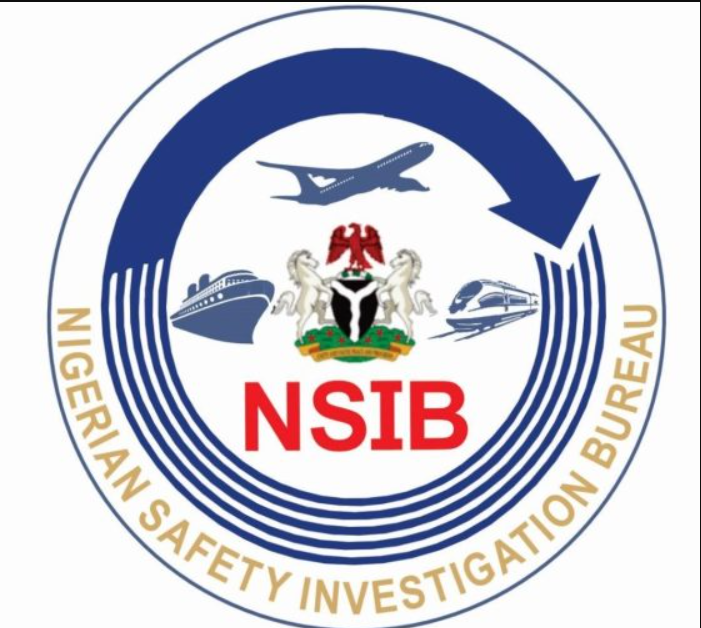The Nigerian Safety Investigation Bureau (NSIB) has finalised two regulatory frameworks to enhance accident investigation in the maritime and rail transport sectors.
The two frameworks are the NSIB Casualty Investigation Regulations for the maritime mode of transport and the Rail and Track Accident Investigation Regulations for the rail sector.
The Director of Public Affairs and Family Assistance, Mrs Bimbo Oladeji, stated yesterday in Abuja that the Bureau remains committed to enhancing transportation safety across air, marine, rail, and other land transport modes through a standardised, independent, and forward-looking investigative approach.
The statement emphasised that, with its expanded mandate as enshrined in the NSIB Act 2022, the bureau is pioneering a new era of multimodal safety oversight, underpinned by internationally recognised investigative practices and a clear mission: to prevent accidents by learning from them.
It also noted that the regulatory framework has been customised to Nigeria’s operational realities while incorporating international best practices.
It explained, “The maritime regulations are aligned with the International Maritime Organisation (IMO) Casualty Investigation Code and have established a standardised process for investigating accidents on inland waterways, ports, and Nigerian-flagged vessels.
“The rail investigation regulations, on the other hand, have been developed with due consideration for the unique operational structure and geographic scope of the Nigerian railway system, while referencing international norms in rail safety investigation.”
The statement maintained that the development was built upon the NSIB’s successful alignment with the International Civil Aviation Organisation (ICAO) Annexe 13 for air accident investigation, a guiding framework for aviation safety improvement globally and continues to inform Nigeria’s aviation sector reforms.
By adopting this harmonised, mode-agnostic approach, the Bureau aims to create a unified culture of safety across the nation’s transport infrastructure.
NSIB Director General Capt. Alex Badeh Jnr, noted that the goal is not merely to investigate accidents, but to ensure that every finding and every safety recommendation becomes a cornerstone for safer transportation in Nigeria.
He said, “Our regulations are not only about compliance; they are about relevance, relevance to our waterways, rail systems, and the millions of Nigerians who depend on them daily.”
He disclosed that the regulations were developed following inclusive consultation, incorporating field visits to jetties, inland waterways, ports, and rail infrastructure across Nigeria. He stated that the practical engagements were designed to ensure the regulations are adaptable, devoid of theoretical ambiguities, and fully responsive to Nigeria’s transport landscape.
He noted that while NSIB is responsible for conducting independent investigations and issuing safety recommendations, the responsibility for implementation lies with other critical agencies.
In this regard, NSIB DG called on stakeholders such as the Nigerian Maritime Administration and Safety Agency (NIMASA), Nigerian Ports Authority (NPA), Nigerian Shippers Council, National Inland Waterways Authority (NIWA), National Oil Spill Detection and Response Agency (NOSDRA), and the Nigerian Railway Corporation (NRC) to begin to proactively build their internal capacity for the adoption and implementation of NSIB safety recommendations.
The DG said, ”Safety recommendations are not mere reports; they are calls to action. The effectiveness of any investigation is measured not by how well it is written but by how well it is implemented. We urge our partner agencies to view this as a shared mission for national safety.”




